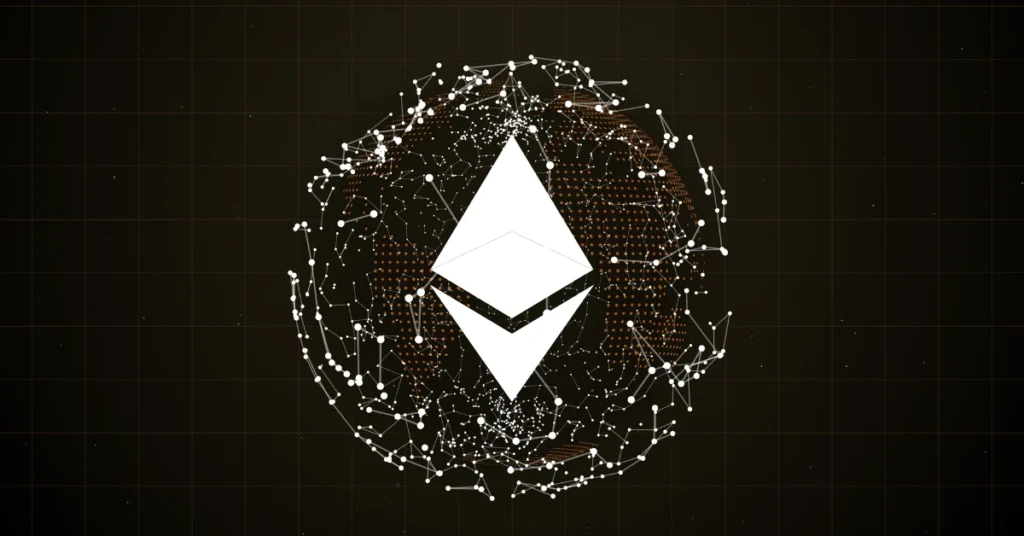Ethereum, the second-largest cryptocurrency by market capitalization, has been experiencing a flurry of activity following the “Dencun” upgrade on March 13, 2024. This upgrade introduced “Proto-Danksharding” (EIP-4844), which has sparked renewed interest in the Ethereum ecosystem. Despite ETH not showing significant gains in the current bull cycle, total trading volumes have surpassed $2 billion, indicating a high level of trading activity.
With the increasing demand for robust data tools to handle the growing activity on Ethereum and its layer-2 networks, several solutions have emerged to cater to this need. In this article, we will explore some of the top data tools available for Ethereum developers.
1. Bitquery API
Bitquery offers an extensive blockchain data platform for Ethereum developers. Their API provides access to a wide range of data, including transactions, smart contracts, tokens, and exchange activities through a single GraphQL API. Users can analyze both historical and real-time data, including mempool data. Bitquery’s API supports multiple chains, including Ethereum, Polygon, BSC, and Base, and offers flexible query options through GraphQL APIs, WebSockets, SQL, and popular cloud providers like AWS, Snowflake, Google BigQuery, and Azure. Additionally, developers can leverage Bitquery’s intuitive GraphQL IDE to craft and run queries.
2. Alchemy API
Alchemy provides node infrastructure and developer tools for Ethereum and layer-2 networks. Their APIs offer specialized services for NFT and token data, along with tools for troubleshooting and issue resolution. Alchemy also provides improved WebSocket support for real-time updates, making it easier for developers to stay informed about blockchain activities.
3. Infura API
Infura is a popular choice for developers looking for reliable node connections for Ethereum and IPFS. Their JSON-RPC API endpoints provide access to blockchain data, and users can manage their projects through a dashboard. Infura offers usage-based pricing and supports a Decentralized Infrastructure Network (DIN) for enhanced reliability.
4. Moralis API
Moralis focuses on providing Web3 backend tools for developers across various chains. Their APIs offer services for NFTs and tokens, user login solutions, event notifications, backend serverless functions, and real-time database syncing with blockchain activity.
5. Etherscan API
Etherscan is a blockchain explorer that offers a range of tools for looking up transactions and addresses, contract verification, gas price tracking, and monitoring token movement. Developers can access verified contract code and ABIs through Etherscan’s API.
6. The Graph API
The Graph allows developers to search indexed blockchain data and build custom data indexes using GraphQL-powered searches. With support for decentralized indexing and community-built subgraphs, developers can access data across multiple networks seamlessly.
7. Chainlink API
Chainlink provides access to external data, including price feeds, random number generation, connections to external sources, and cross-chain transaction capabilities. Developers can also leverage Chainlink for identity verification and other services.
8. QuickNode API
QuickNode offers fast node services for Ethereum connections, with WebSocket support and additional APIs. Their developer dashboard and smart request routing ensure better performance and user experience.
9. Ankr API
Ankr provides multi-chain connection services with both free and paid options. Developers can access support for numerous chains, track API usage, and benefit from pay-as-you-go pricing.
10. Covalent API
Covalent offers combined blockchain data services, allowing users to check token balances, transactions, NFT details, and historical price data. With unified access across multiple chains, Covalent simplifies the process of accessing blockchain data.
In conclusion, these data tools provide valuable resources for developers looking to build applications on the Ethereum blockchain. By leveraging these APIs and services, developers can access a wealth of data and tools to enhance their projects and contribute to the growing Ethereum ecosystem.

